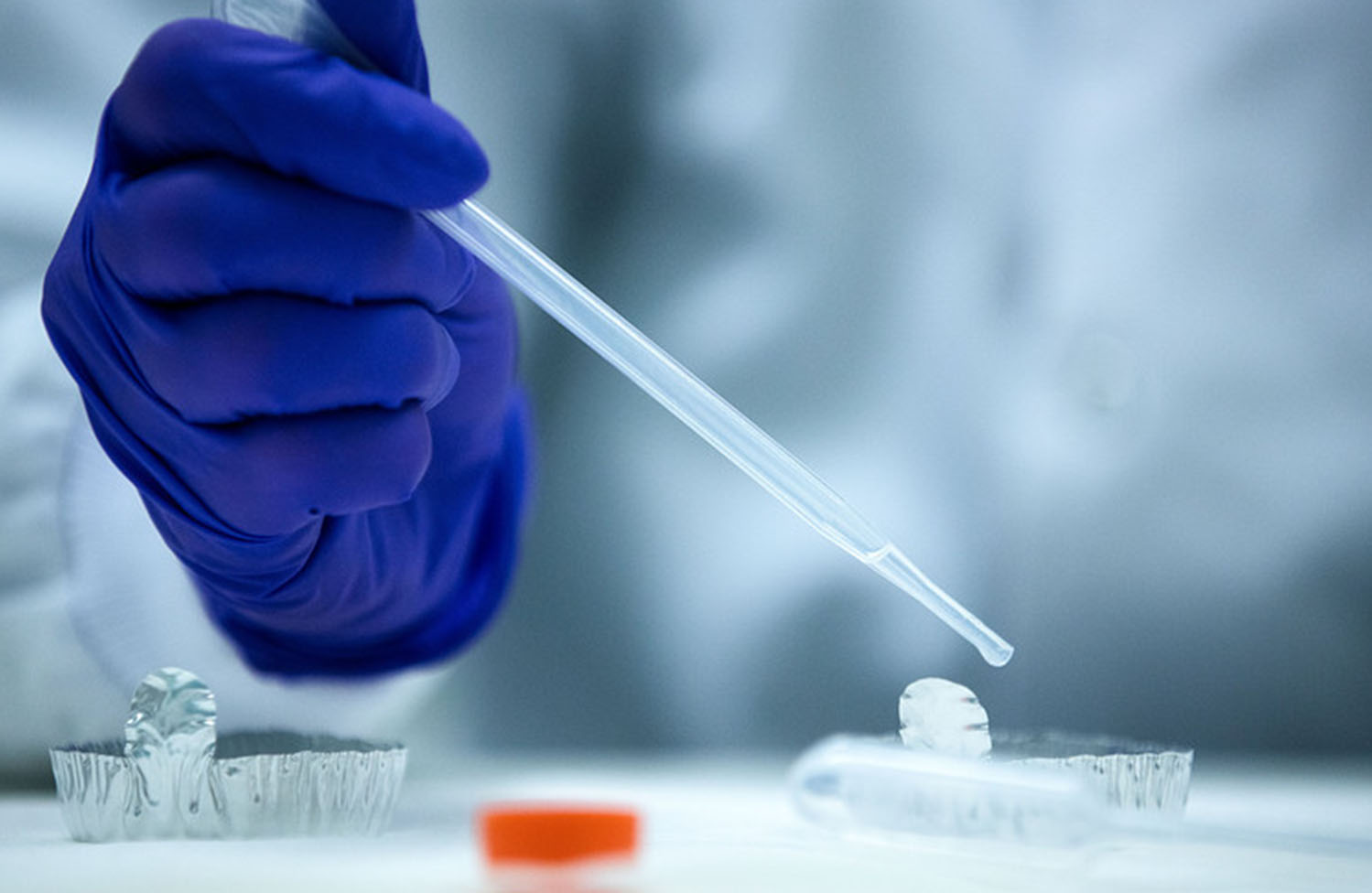Nearly forty biotechnology companies have gone public in 2018 and raised nearly $4 billion, according to information released by Bloomberg. That’s the highest amount the biotech sector has raised on the public markets since 2000 when the science was in its beginning phases.
Within the growing world of cancer research, immuno-oncology appears to be creating the most excitement. Companies working in this area are targeting new ways to stimulate the immune system to recognize and kill cancer—and they’re finding plenty of investors willing to pour capital into the effort to get these therapies to market.
Gritstone Oncology (GRTS) and Sutro Biopharma (STRO) are the newest immuno-oncology companies to announce terms for their initial public offerings. Gritstone said that it expects to raise up to $91 million to increase its pipeline of immune-boosting drugs that are specific to individual patients based on their tumors’ unique markers. And Sutro hopes to bring in as much as $80 million to create a range of immuno-oncology therapies, including some that it’s working on with biopharma leaders like Merck and Celgene.
There are a few trends pushing the excitement for immuno-oncology on Wall Street. For one, the past couple of years have brought in a range of new immune-boosting treatments that have boosted the prognoses in many cancer types. There are the “checkpoint inhibitors,” which are drugs that inhibit specific immune-suppressing proteins, for example. Drugs in this class include Merck’s Keytruda and Bristol Myers-Squibb’s Opdivo, both of which are now billion-dollar-plus blockbusters used to treat melanoma, lung cancer, kidney cancer, and other tumor types.
The Food & Drug Administration approved two personalized therapies created from individual patients’ immune cells: The CAR-T therapies Kymriah, from Novartis, and Yescarta, promoted by Gilead. They’re now being used to treat some patients with blood cancers that aren’t affected by traditional therapies.
Forty-Seven raised $112 million in a June IPO, which took place not long after it announced strong data from a trial of its drug that blocks CD47, a protein that allows cancer cells to avoid immune attacks. Neon Therapeutics also went public in June and was able to take in $100 million to grew its personalized T-cell therapies to treat solid tumors.
Sutro, based in South San Francisco, raised more than $175 million in private capital before filing to go public, netting $85.4 million of that recently in a series E. Its investors include Alta Partners, Skyline Ventures, Celgene, Merck, and Eli Lilly. Sutro’s two lead product candidates are antibody-based drugs to treat lymphoma, multiple myeloma, ovarian and endometrial cancer, but its scientists are focused on using new technology to overcome some of the limitations of currently marketed immuno-oncology treatments.
“While many single-agent immunotherapies have resulted in remarkable clinical results, only a minority of patients have realized durable benefits from these treatments,” the company wrote in its registration statement. Sutro had developed a protein engineering technology, dubbed XpressCF+, that its scientists are using to discover immuno-oncology drug candidates with the potential to be more potent and effective for broader patient populations, according to the registration statement.
When Emeryville, CA-based Gritstone first announced its IPO plans in August, it simultaneously revealed a development partnership with Bluebird Bio that includes $20 million up front, a $10 million investment and the potential for milestone payments. Gritstone is also collaborating with Bristol Myers-Squibb.
Gritstone’s technology revolves around synthesizing tumor-specific neoantigens (TSNAs) that are personalized to individual patients. The TSNAs are designed to activate tumor-specific T cells to launch an immune attack. The company expects to launch human trials of its first personalized immunotherapy by the end of this year, according to the registration statement. The trial will enroll patients with solid tumors such as bladder and colorectal cancer and it will test Gritstone’s treatment candidate in combination with checkpoint inhibitors provided by BMS.
Gritstone raised more than $200 million before it filed for its IPO, from the likes of Alexandria Ventures, Redmile Group and Trinitas Capital.
But like most early-stage biotech companies, Sutro and Gritstone have years of work ahead of them before they can confirm success for their immuno-oncology therapies. With clinical trials just beginning at both companies, it could be years before they have any idea of how likely the FDA and other regulatory bodies will be to accept their immune-boosting cancer therapies.





